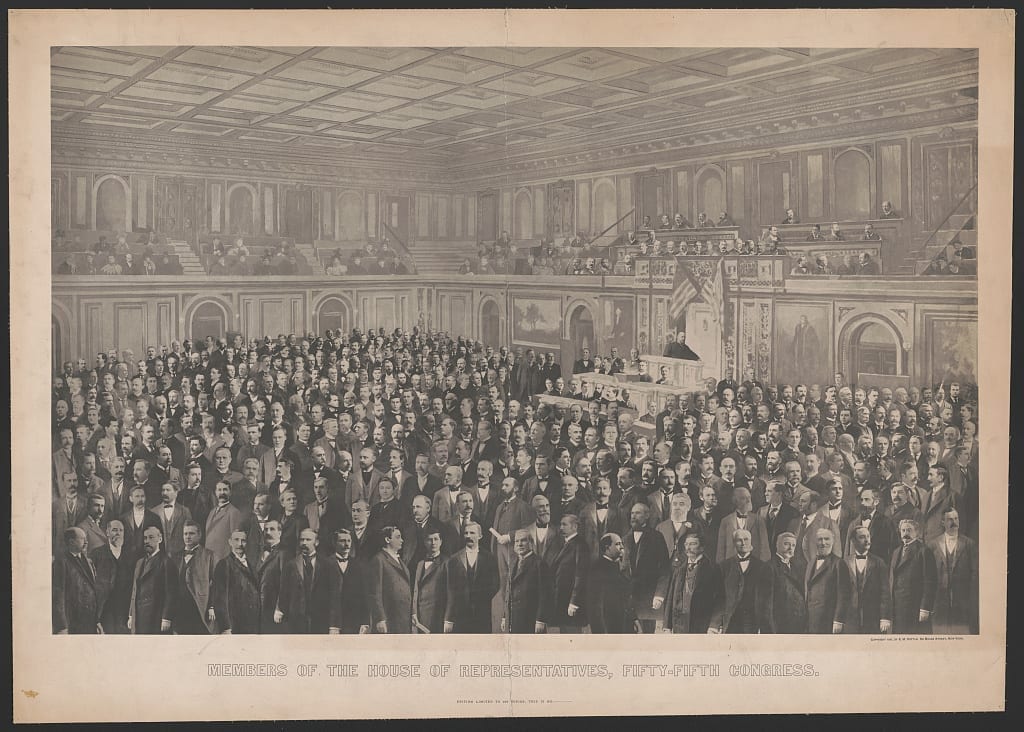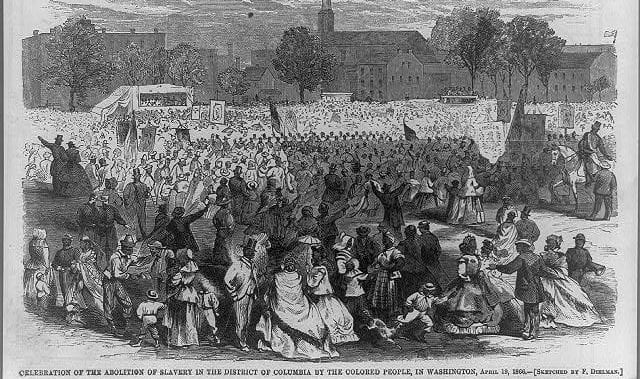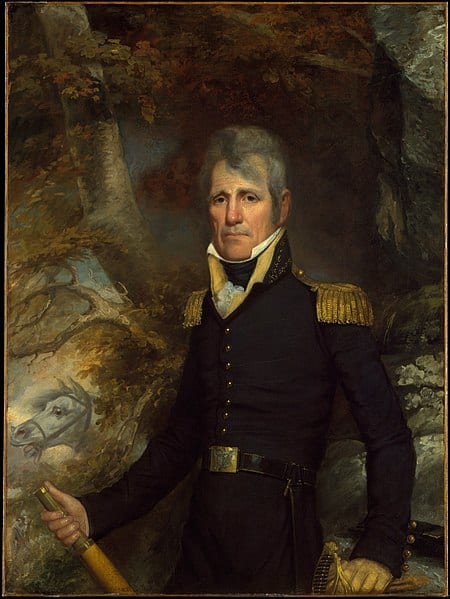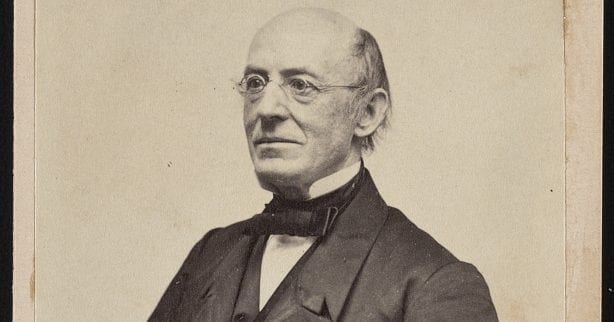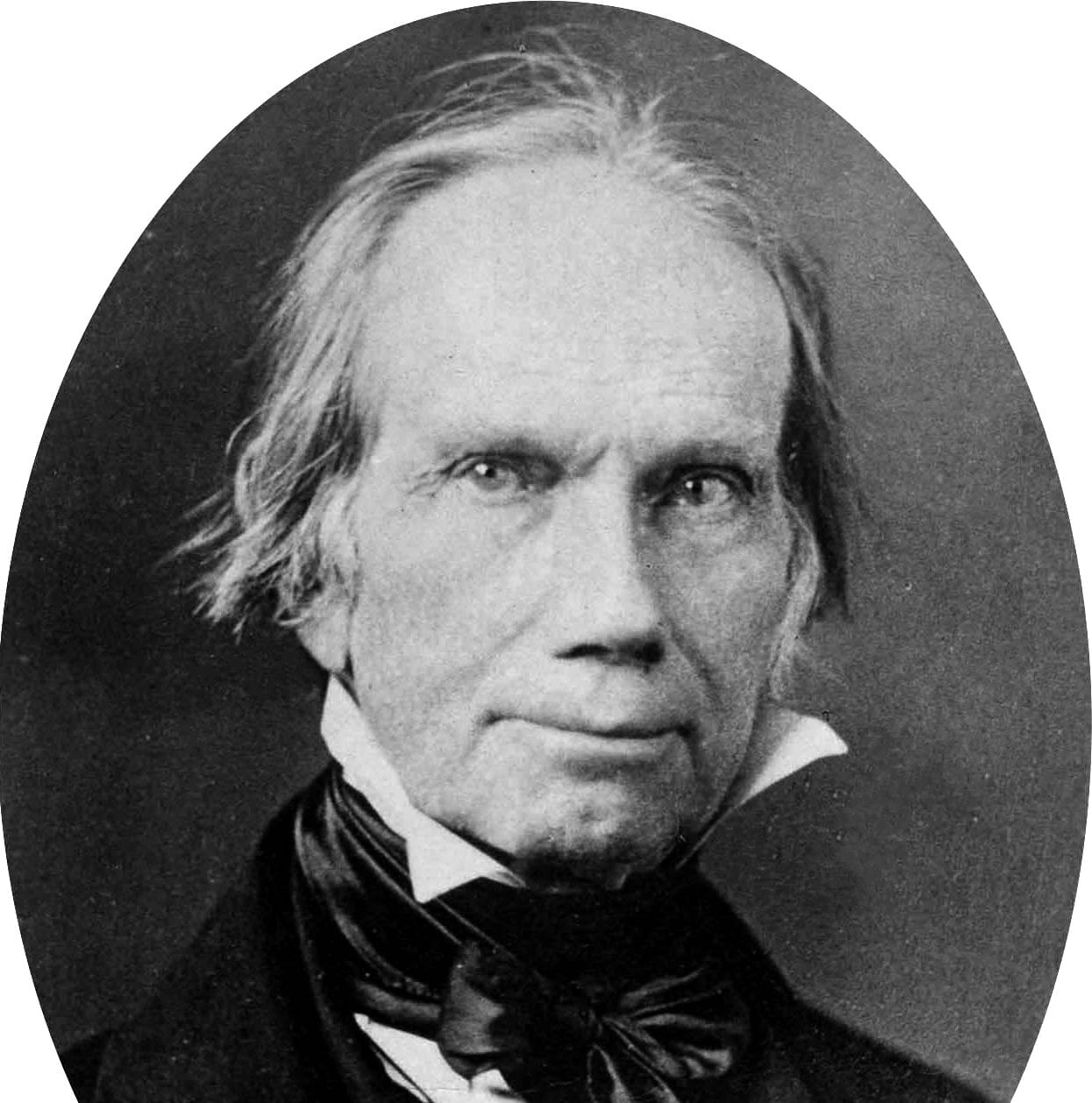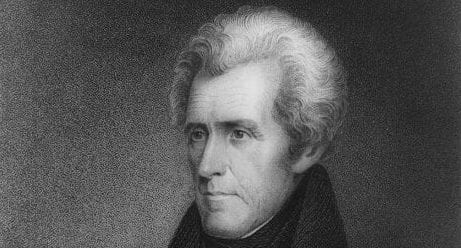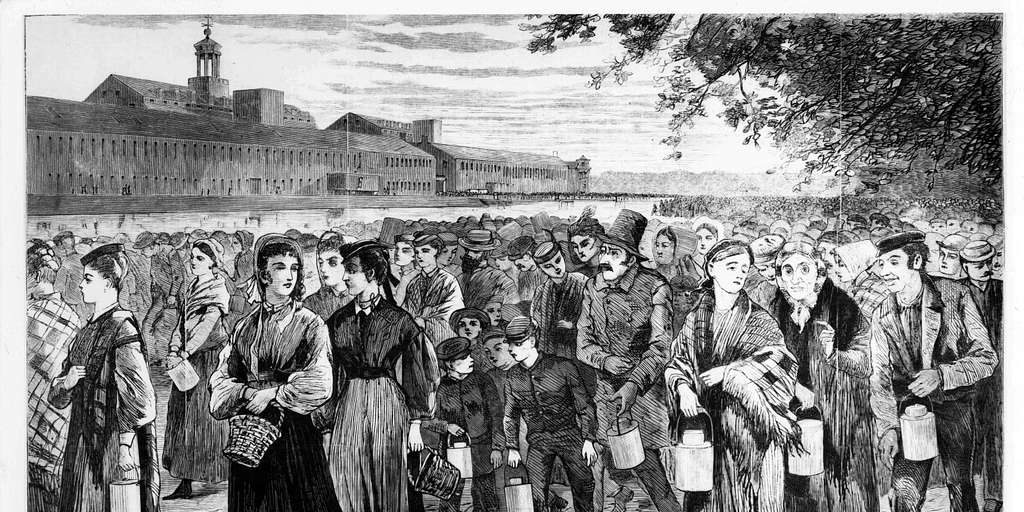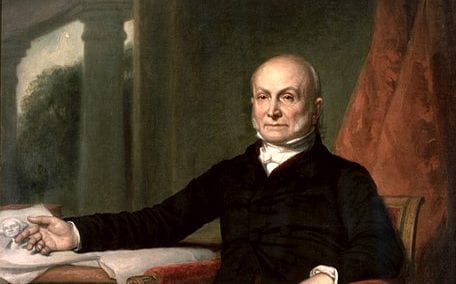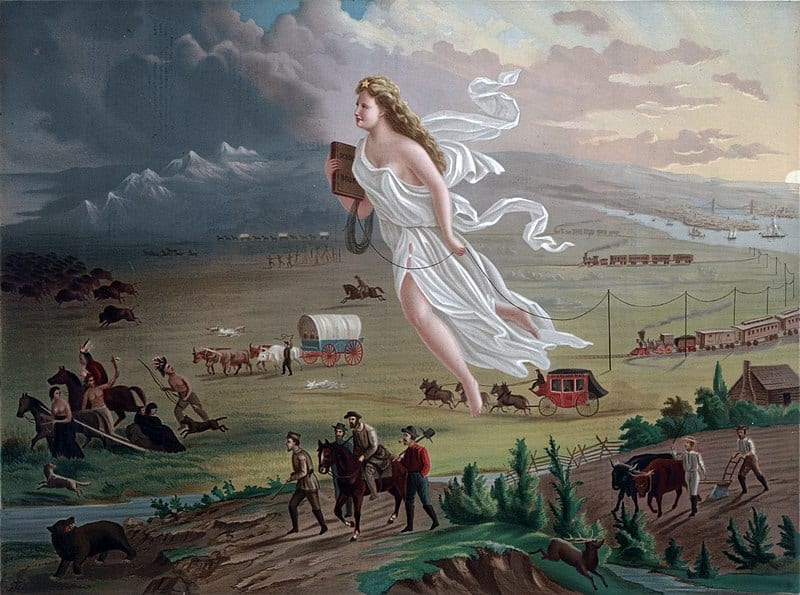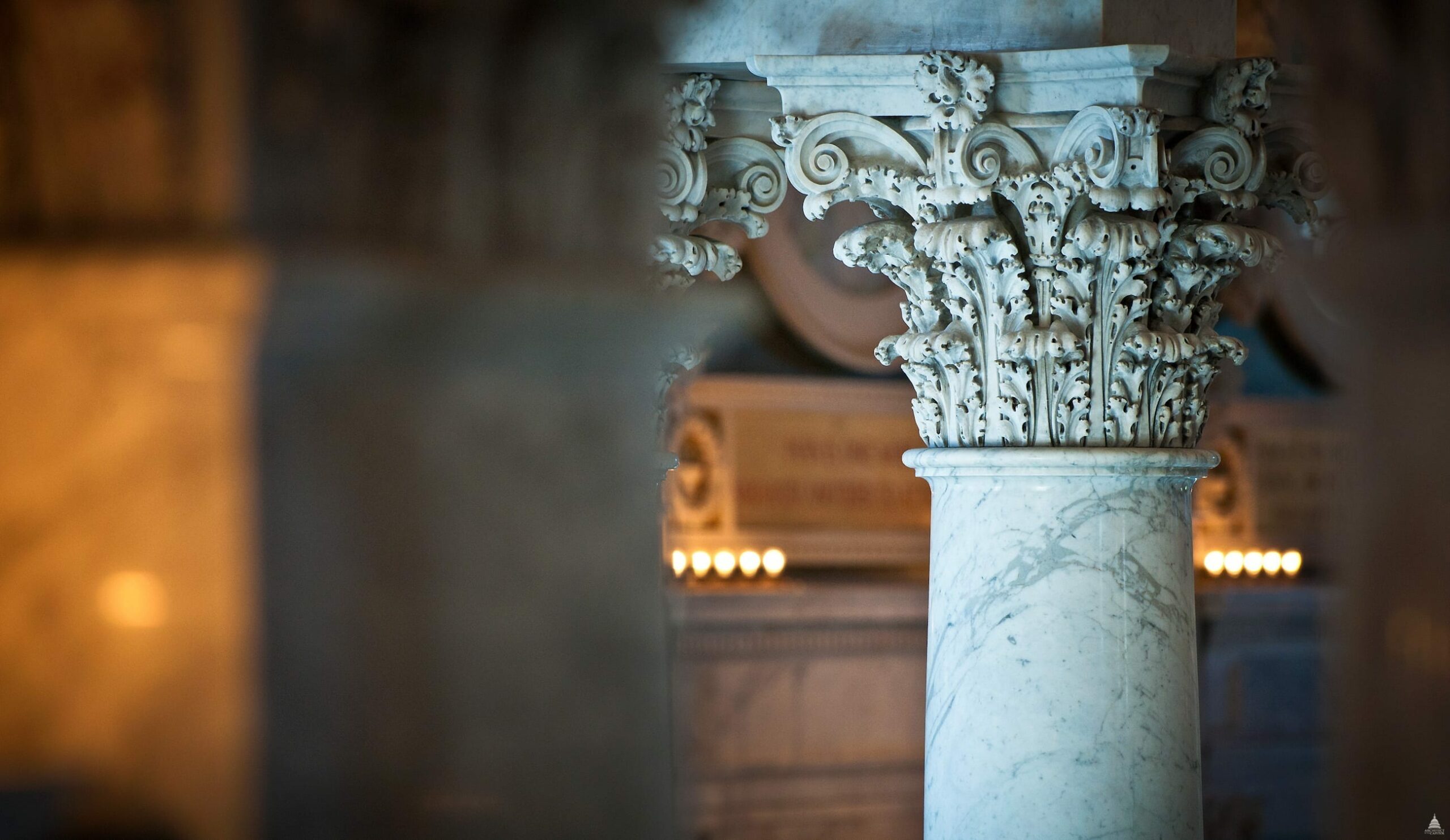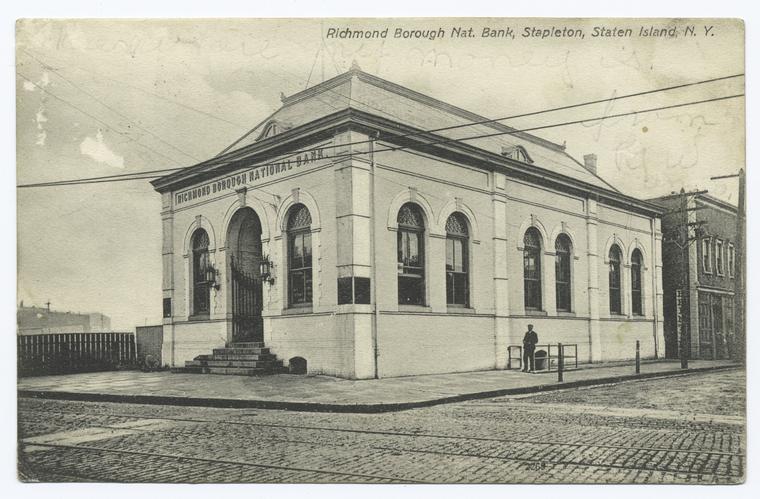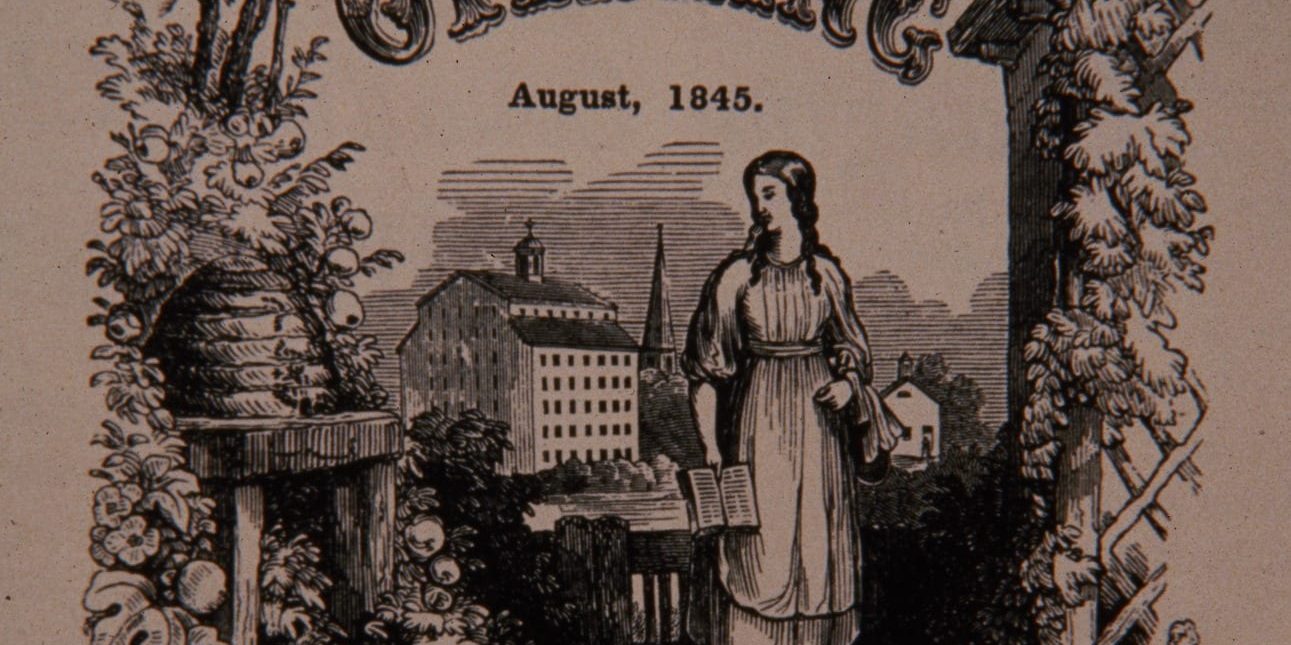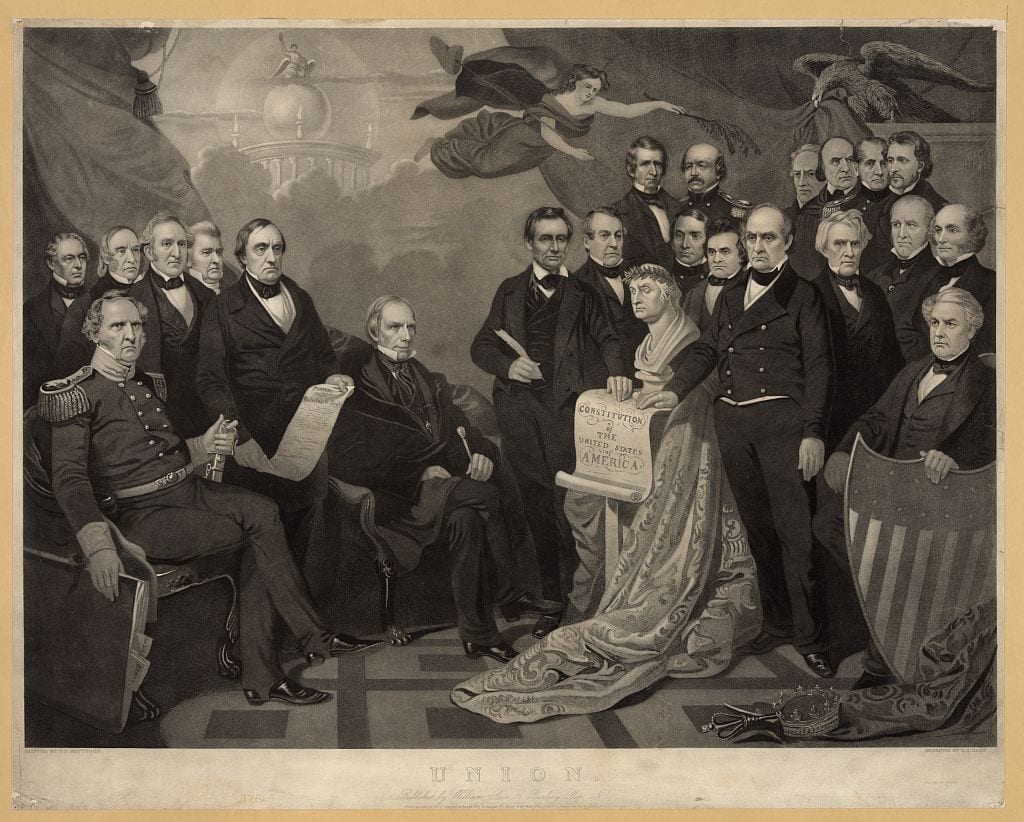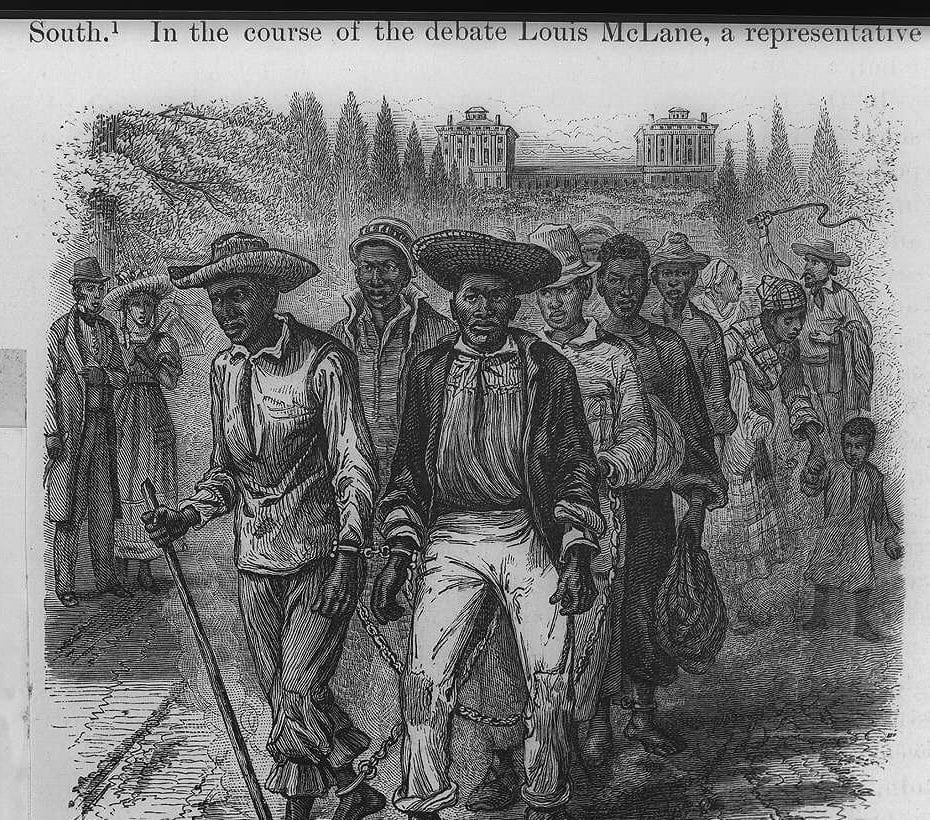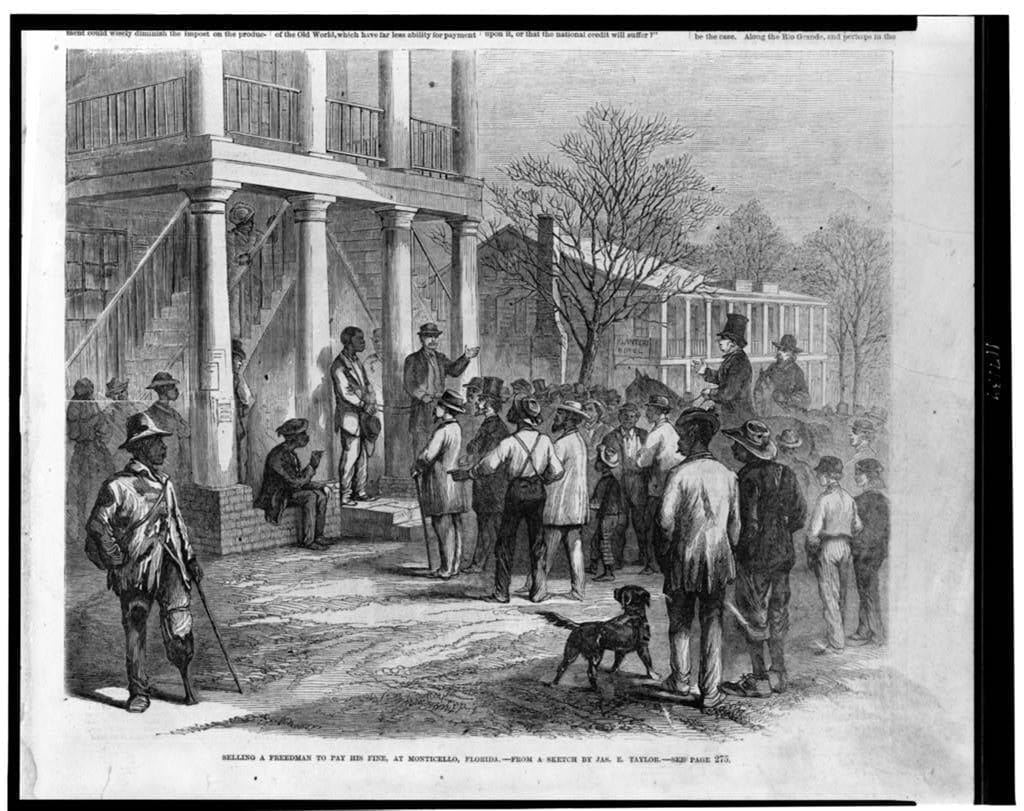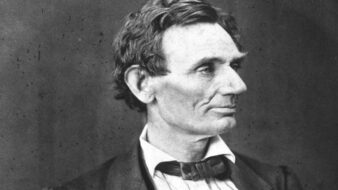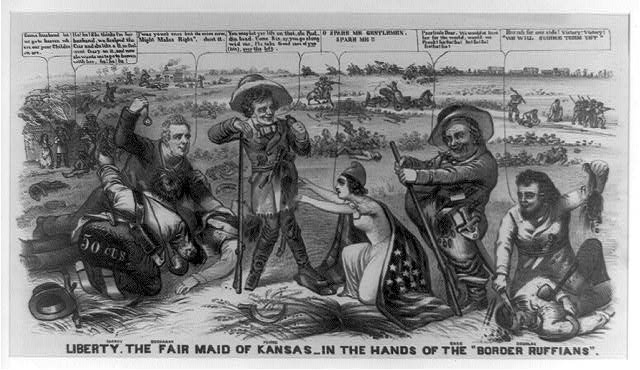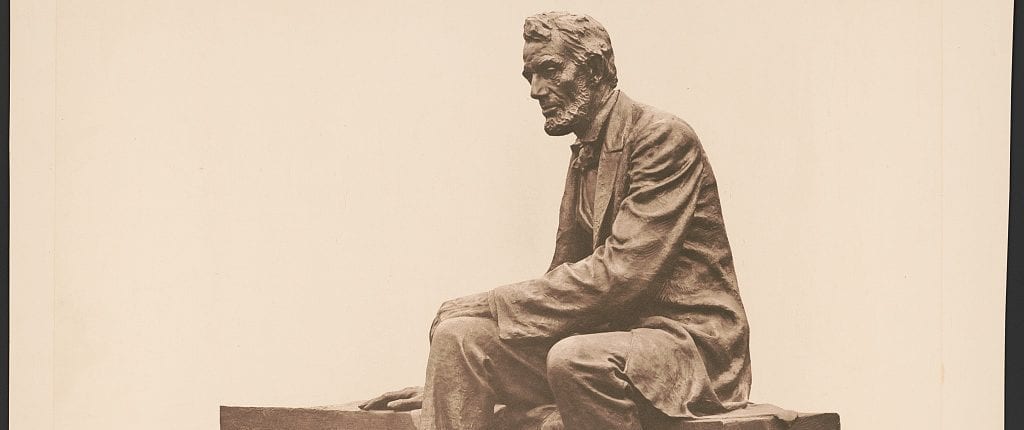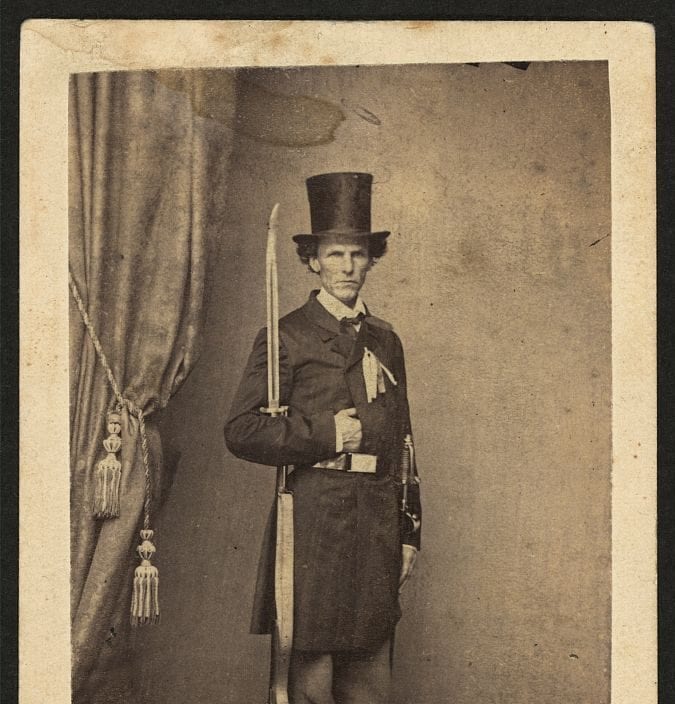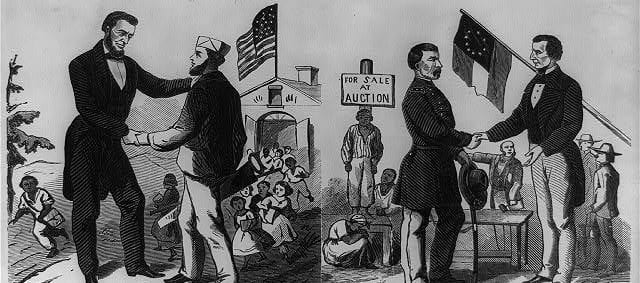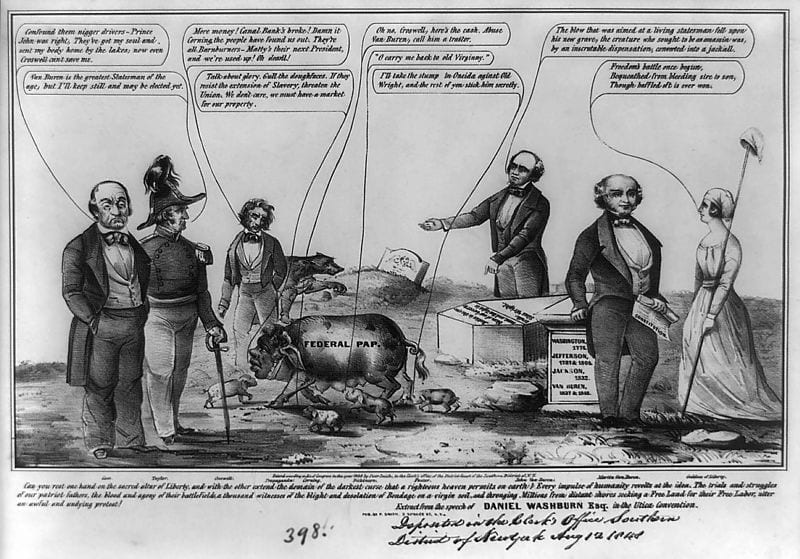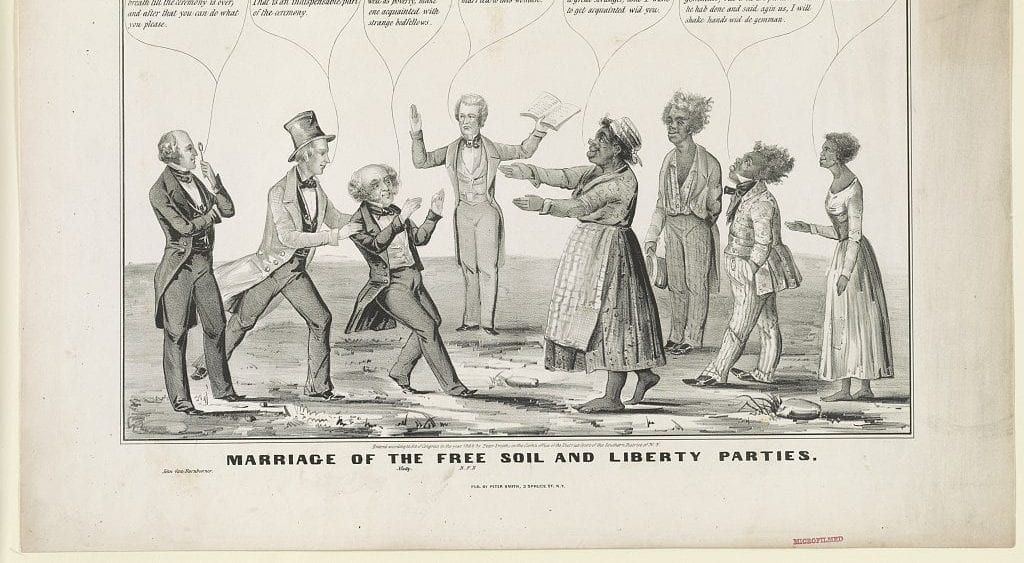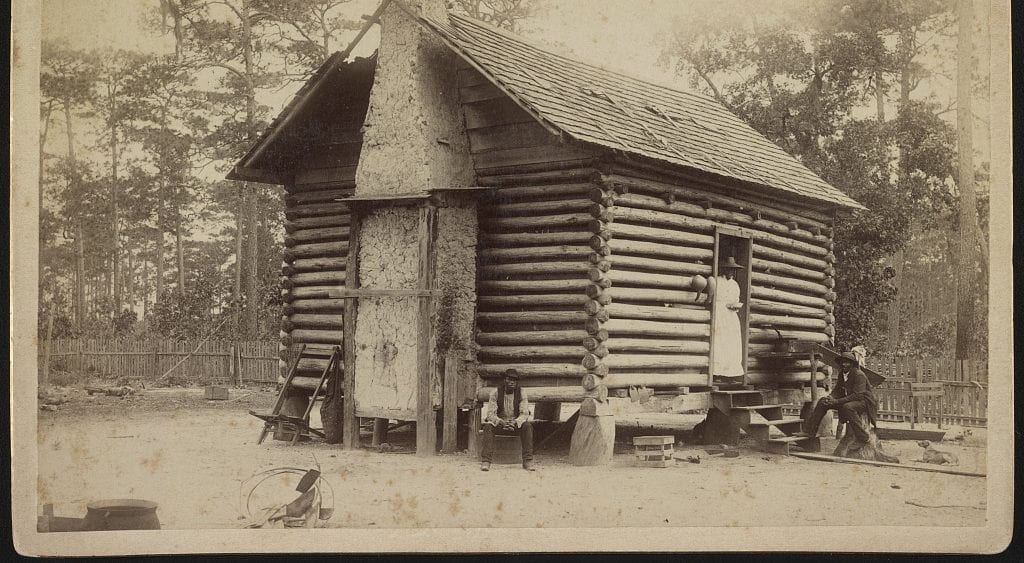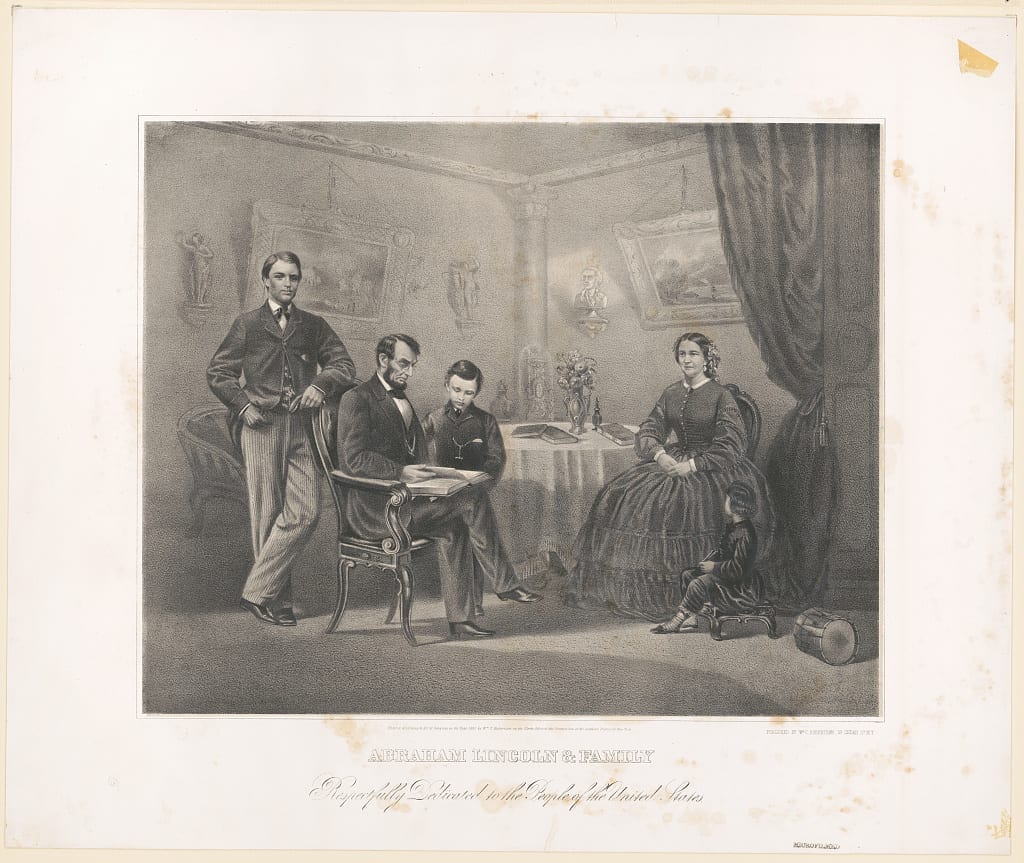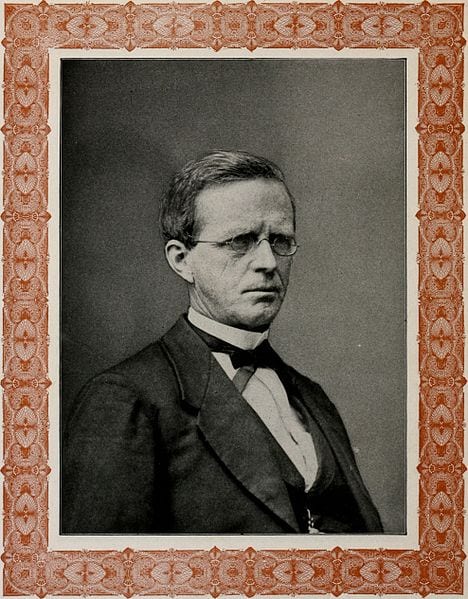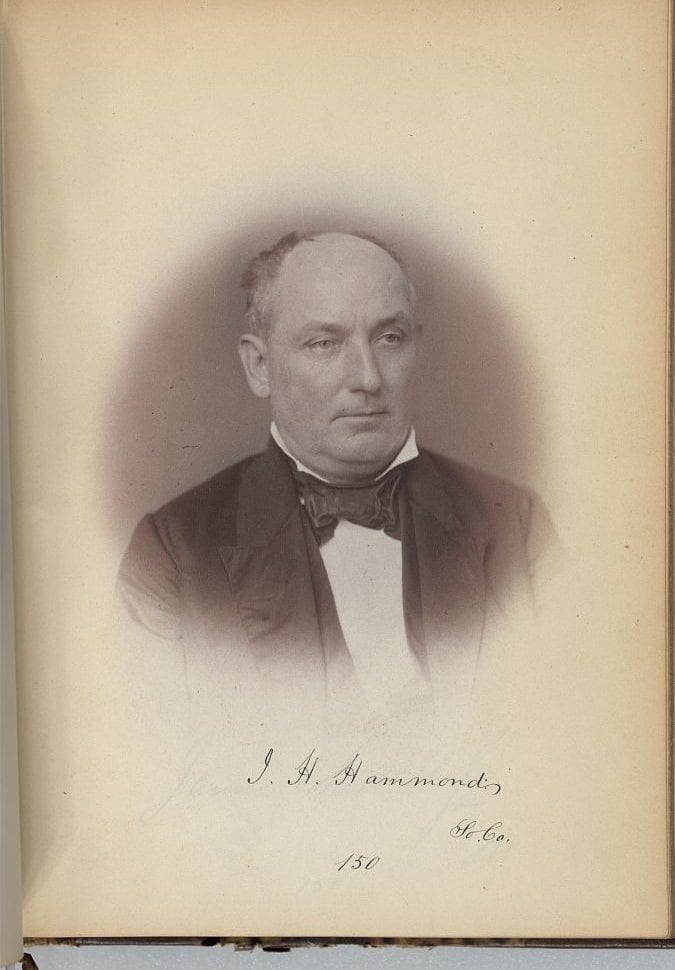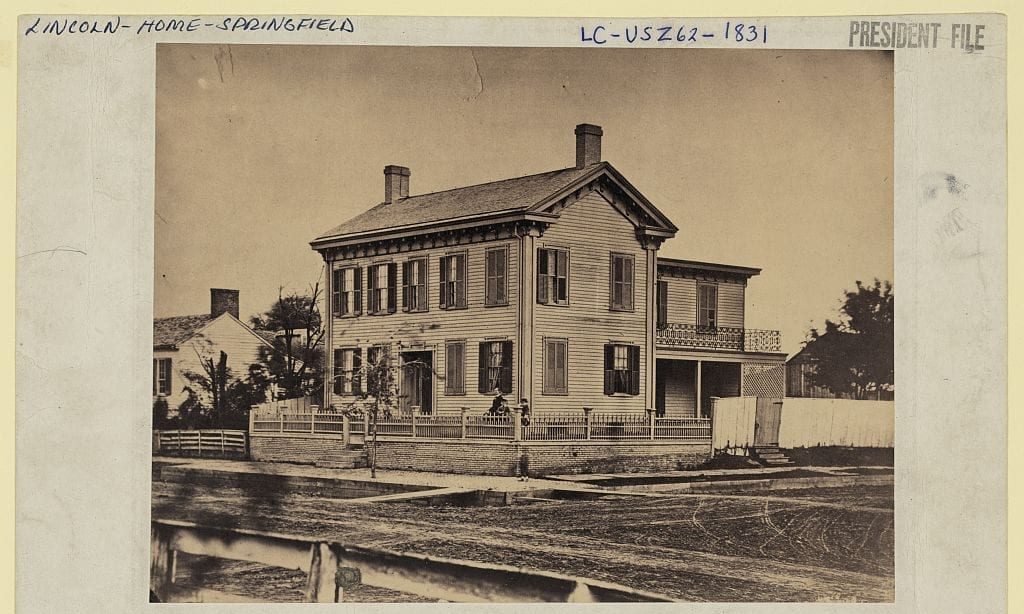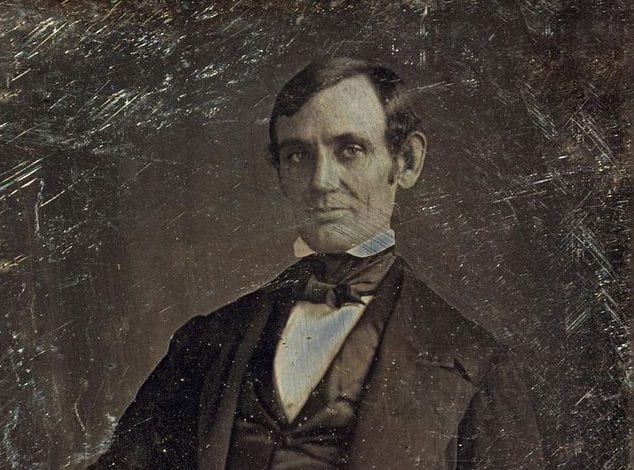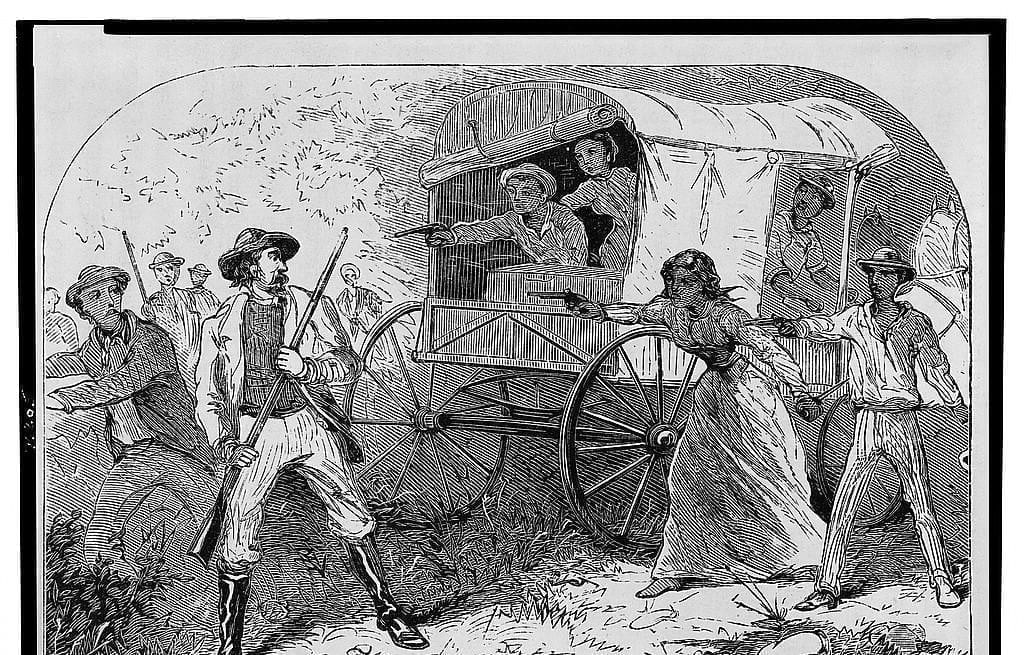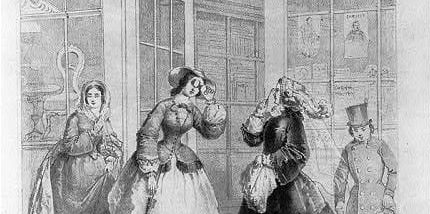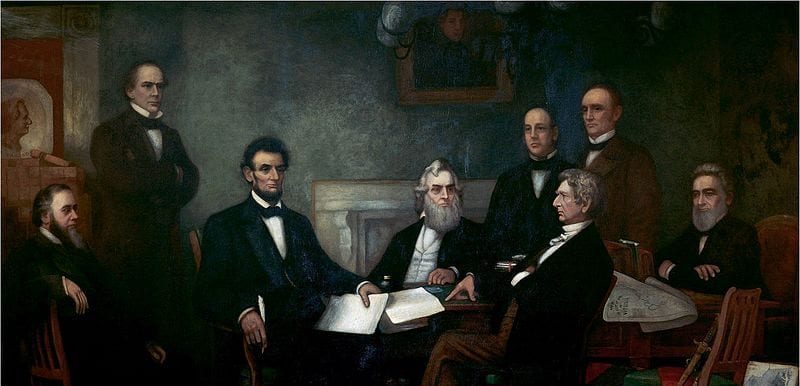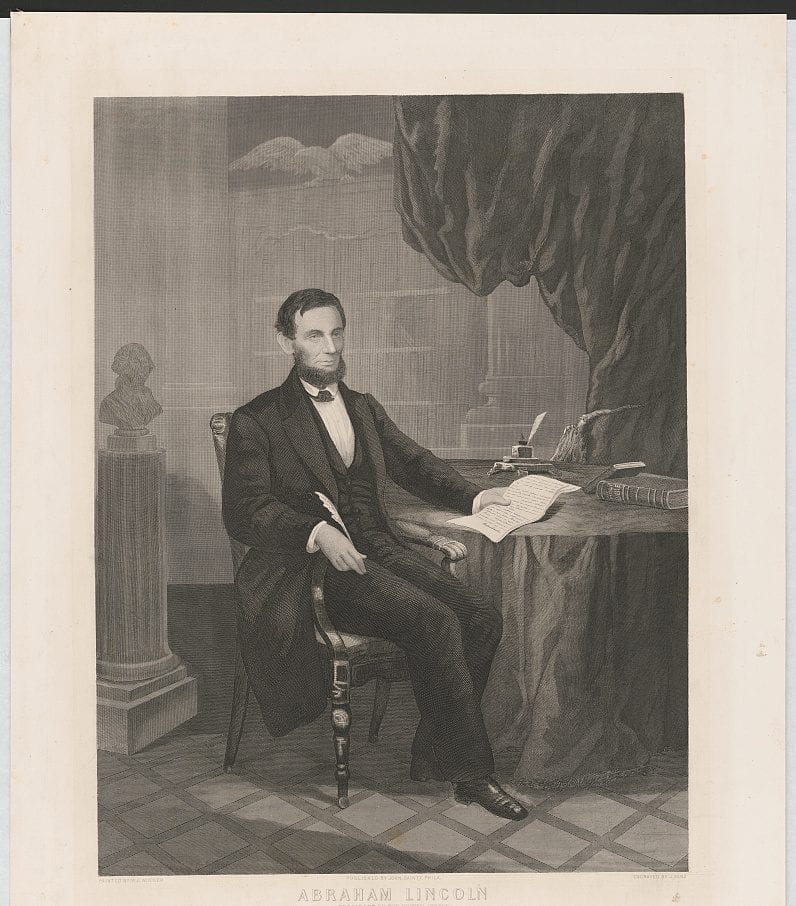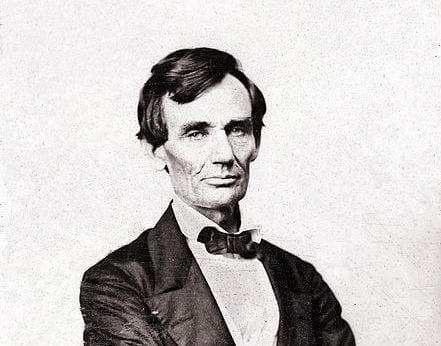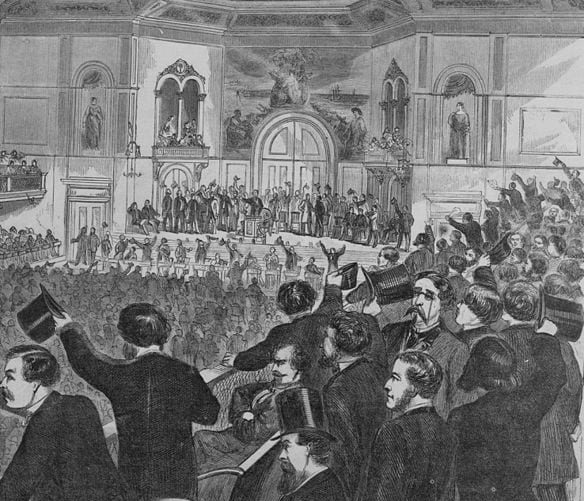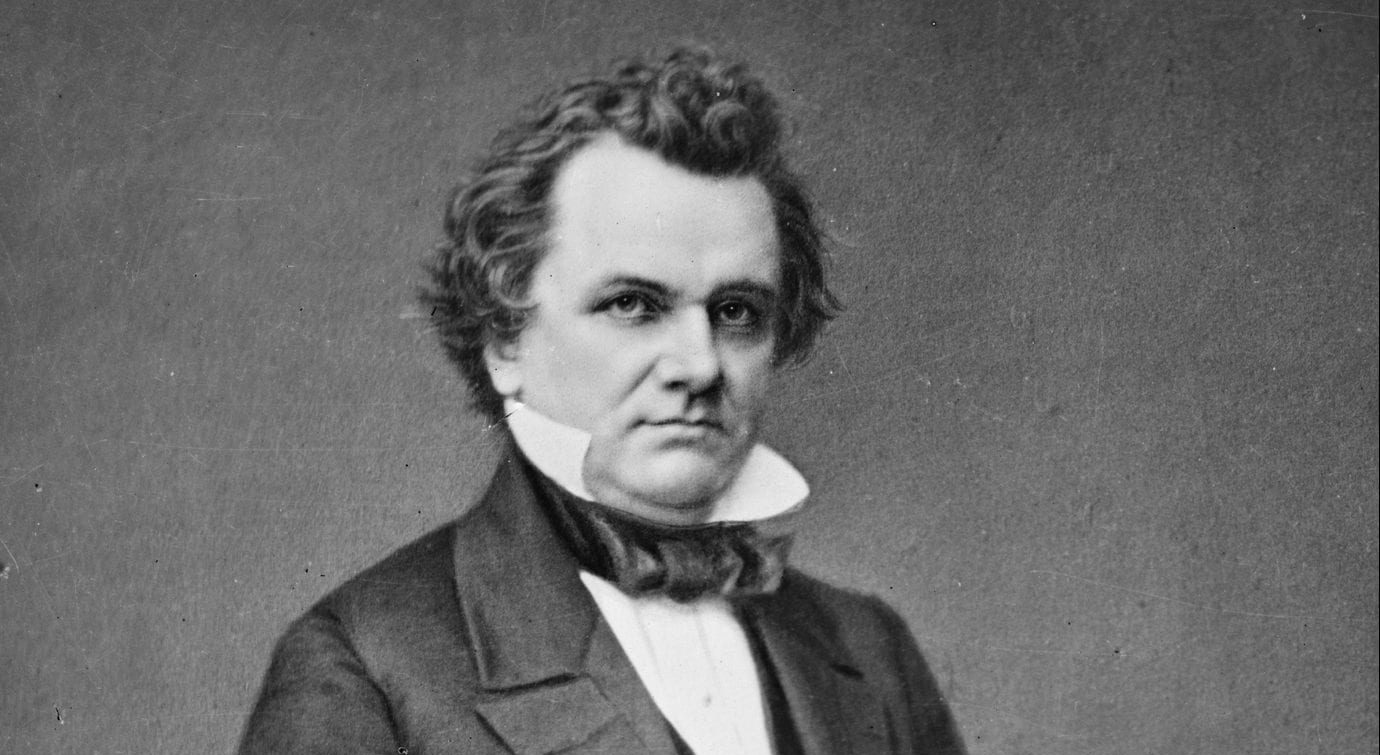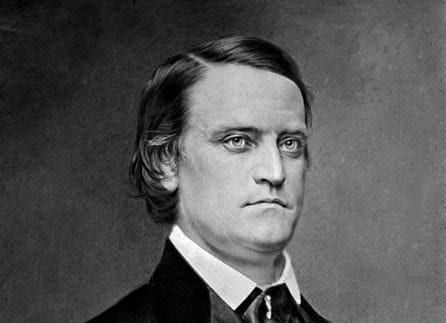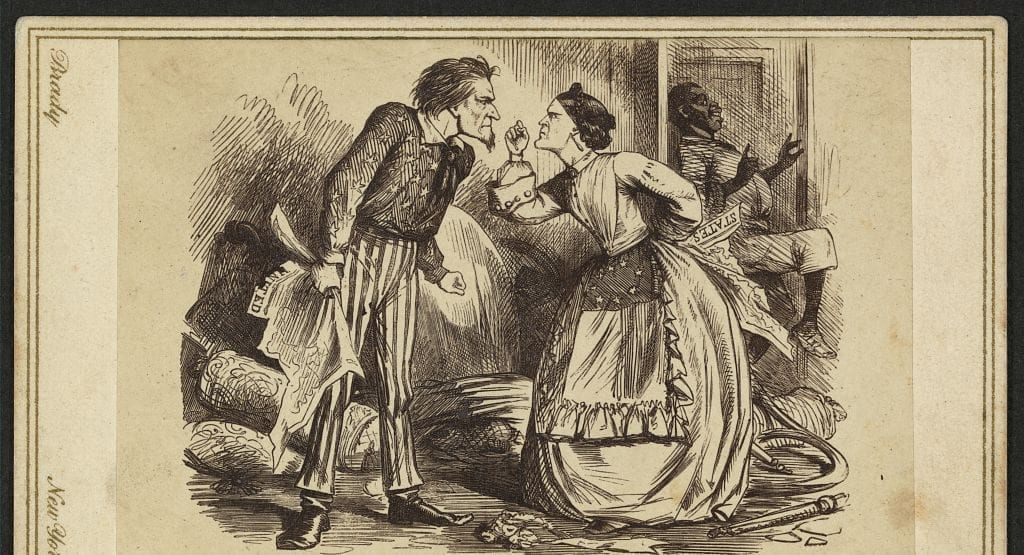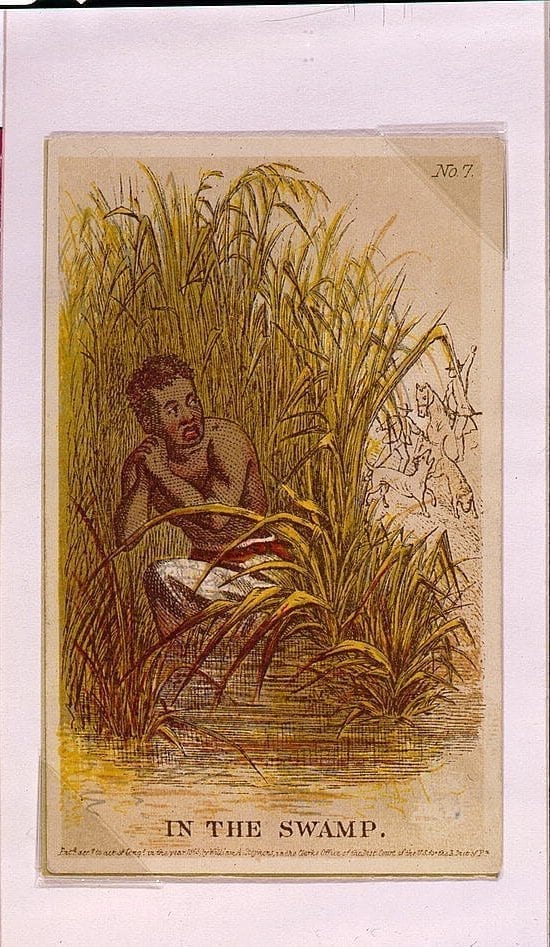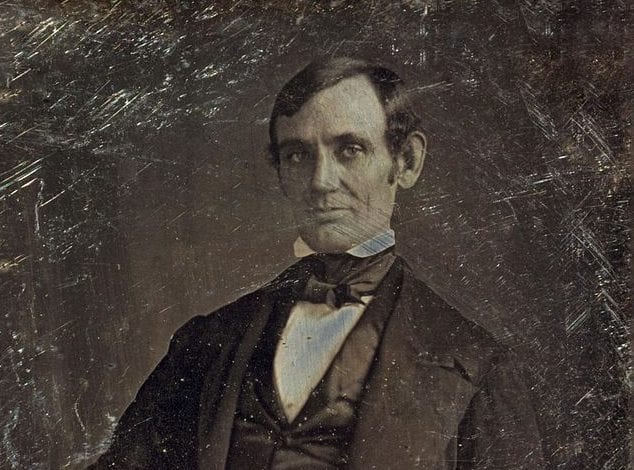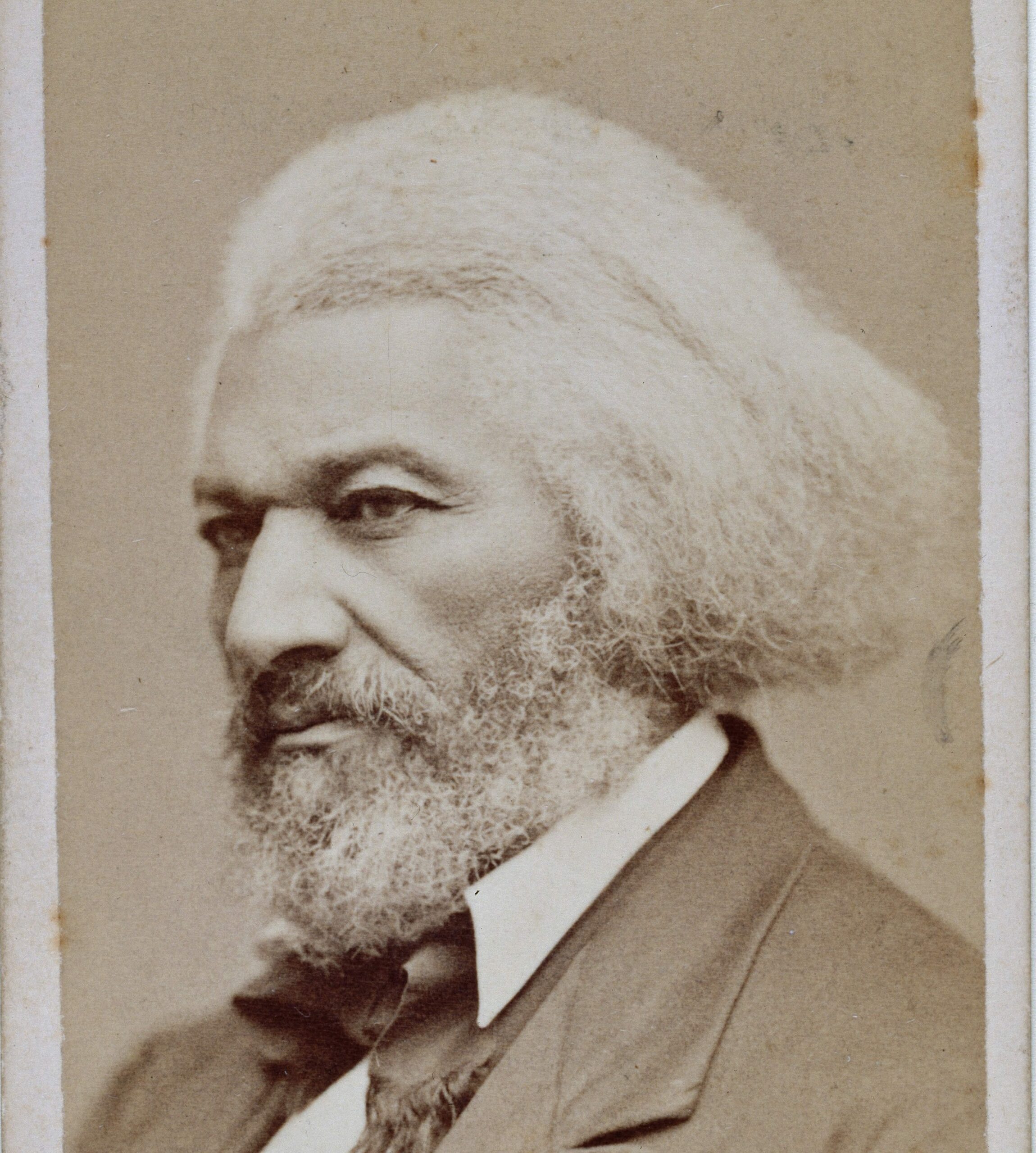


No related resources
Introduction
The Anglo-American Convention of 1818 stipulated that the citizens of both the United States and Britain would have equal access to the Oregon Country—the lands north of Spanish California well into present-day Canada—until its final status was resolved. Together with the Transcontinental Treaty with Spain finally ratified in 1821, the United States was now potentially a two-ocean power. But to claim the lush lands across the Rockies and the lucrative trade with China and East Asia the United States had to make good on that claim, whether through diplomacy or war. The British had a head start because the Hudson’s Bay Company, a fur-trading monopoly supported by the British government, had been in the area for years. To strengthen its hand, the United States would need settlers to migrate in large numbers. Some intrepid Americans had already made the trek, but the common view in the East was that the intervening lands were a “howling wilderness” populated by hostile Indians. The experts said that respectable women and families would never make it to, or live in, Oregon.
Narcissa Prentiss Whitman (1808–1847) proved them wrong. In 1836, she and her missionary husband joined a small caravan bound for Oregon. Despite the travails of the journey, Narcissa thrived. She sent letters and her journal entries to relatives that described the beauties of the West and offered reassurance that rivers were fordable, travel by wagon was practical, and the so-called hostiles were generally friendly. These letters were circulated among friends and widely published in eastern newspapers. A flood of American, men, women, and children soon headed west following the Oregon Trail, the superhighway of the early American West. By the mid-1850s some 400,000 had made the journey, with perhaps 30,000 perishing en route, primarily from disease. The tiny British population in the Northwest was overwhelmed. Anxious to free his hand in the war with Mexico, President James Polk arranged a compromise territorial settlement with Britain in 1846. But America came out well ahead in terms of useful lands (the current states of Oregon, Washington, Idaho, and parts of Montana and Wyoming). As for Narcissa, in 1847 she and her husband were killed—and their mission on the Walla Walla River in the present state of Washington destroyed—by members of the Cayuse tribe who resented the white man’s (and woman’s) proselytizing, trading practices, and the introduction of diseases like measles that devastated the native population.
Source: Narcissa Prentiss Whitman and Marcus Whitman, Mrs. Whitman’s Letters 1843–1847 (Portland, OR, 1894), 104–106, available at https://babel.hathitrust.org/cgi/pt?id=loc.ark:/13960/t06w9pj8b&view=1up&seq=58; Narcissa Whitman, “A Journey across the Plains in 1836,” Transactions of the Nineteenth Annual Reunion of the Oregon Pioneer Association for 1891 (Portland: A. Anderson and Co., 1893), 40–59, available at https://www.sos.wa.gov/legacy/publicationsviewer/?title=Journey%20across%20the%20plains%20in%201836.&page=44&id=126.
PLATTE RIVER, JUST ABOVE THE FORKS, JUNE 3, 1836
Dear Sister Harriet and Brother Edward:
Friday eve, six o’clock. We have just encamped for the night near the bluffs over against the river. The bottoms[1] are a soft, wet plain, and we were obliged to leave the river yesterday for the bluffs. The face of the country yesterday afternoon and today has been rolling sand bluffs, mostly barren, quite unlike what our eyes have been satiated with for weeks past. No timber nearer than the Platte,[2] and the water tonight is very bad—got from a small ravine. We have usually had good water previous to this.
Our fuel for cooking since we left timber (no timber except on rivers) has been dried buffalo dung; we now find plenty of it and it answers a very good purpose, similar to the kind of coal used in Pennsylvania (I suppose now Harriet will make up a face at this, but if she was here she would be glad to have her supper cooked at any rate in this scarce timber country). The present time in our journey is a very important one. The hunter brought us buffalo meat yesterday for the first time. Buffalo were seen today but none have been taken. We have some for supper tonight. Husband is cooking it—no one of the company professes the art but himself. I expect it will be very good.
The Fur Company is large this year; we are really a moving village—nearly four hundred animals, with ours, mostly mules, and seventy men.[3] The Fur Company have seven wagons drawn by six mules each, heavily loaded, and one cart drawn by two mules, which carries a lame man, one of the proprietors of the company. We have two wagons in our company. Mr. and Mrs. S., husband, and myself ride in one, Mr. Gray and the baggage in the other. Our Indian boys drive the cows and Dulin, the horses. Young Miles leads our forward horses, four in each team. Now E., if you want to see the camp in motion, look away ahead and see first the pilot and the captain, Fitzpatrick, just before him, next the pack animals, all mules, loaded with great packs; soon after you will see the wagons, and in the rear, our company. We all cover quite a space. The pack mules always string one after the other just like Indians. . . .
I wish I could describe to you how we live so that you can realize it. Our manner of living is far preferable to any in the states. I never was so contented and happy before, neither have I enjoyed such health for years. In the morning as soon as the day breaks the first that we hear is the words, “Arise! Arise!”—then the mules set up such a noise as you never heard, which puts the whole camp in motion. We encamp in a large ring, baggage and men, tents and wagons on the outside, and all the animals except the cows, which are fastened to pickets, within the circle. This arrangement is to accommodate the guard, who stand regularly every night and day, also when we are in motion, to protect our animals from the approach of Indians, who would steal them. As I said, the mules’ noise brings every man on his feet to loose them and turn them out to feed. . . .
PLATTE RIVER, SOUTH SIDE, SIX DAYS ABOVE THE FORT LARAMIE FORK, NEAR THE FOOT OF THE ROCKY MOUNTAINS, June 27, 1836
Dear Brother and Sister Whitman:
We were in perplexity when we left Liberty, but it has been overruled for good. I wrote Mother Loomis from the Otoe Agency.[4] We were in still greater perplexity there, while crossing our baggage. Husband became so completely exhausted with swimming the river on Thursday, May 9th, that it was with difficulty he made the shore the last time. Mr. Spalding was sick, our two hired men were good for nothing; we could not obtain much assistance from the Otoes, for they were away from the village; we had but one canoe, made of skins, and that partly eaten by the dogs the night before. We got everything over by Friday night. . . .
The next day, in the morning, we met a large party of Pawnees going to the fort to receive their annuities.[5] They seemed to be very much surprised and pleased to see white females; many of them had never seen any before. They are a noble Indian—large, athletic forms, dignified countenances, bespeaking an immortal existence within. When we had said what we wished to them, we hurried on, and arrived at the Elkhorn in time to cross all our effects.
Here I must tell you how much good Richard, John, and Samuel—Pacific coast Indian boys whom Dr. Whitman had taken to New York with him the year before—did us. They do the most of driving the cattle and loose horses. Occasionally husband and myself would ride with them as company and encouragement. They came up to the river before us, and seeing a skin canoe on the opposite side, they stripped themselves, wound their shirts around their heads, and swam over and back again with the canoe by the time we came up. We stretched a rope across the river and pulled the goods over in the canoe without much difficulty.
Monday and Tuesday we made hard drives—Tuesday especially. We attempted to reach the Loup Fork[6] that night, and a part of us succeeded. Those in the wagons drove there by 11 o’clock, but it was too much for the cattle. There was not water or feed short of this. We rode with Richard and John until 9 o’clock, and were all very much fatigued. Richard proposed to us to go on and he and John would stay on the prairie with the cattle, and drive them in in the morning. We did not like to leave them, and so we concluded to stay. Husband had a cup tied to his saddle, in which he milked what we wanted to drink; this was our supper. Our saddle blankets, with our India rubber cloaks, were our beds. Having offered up our thanksgiving for the blessings of the day and seeking protection for the night, we committed ourselves to rest. We awoke in the morning much refreshed and rode into camp before breakfast—five miles. The Fur Company was on the opposite side of the river, which we forded, and, without unloading our wagon much, were ready to move again about noon. We wished to be with the company when they passed the Pawnee village. This obliged us to make a day’s drive to the camp in half a day, which was too bad for our horses. We did not reach them until 1 o’clock at night.
The next day we passed all their villages. We, especially, were visited by them both at noon and at night; we ladies were such a curiosity to them. They would come and stand around our tent, peep in, and grin in their astonishment to see such-looking objects.
Since we came up with the camp, I rode in the wagons most of the way to the Black Hills. It is astonishing how well we get along with our wagons where there are no roads. I think I may say it is easier traveling here than on any turnpike in the states.
On the way to the buffalo country we had to bake bread for ten persons. It was difficult at first, as we did not understand working outdoors; but we became accustomed to it, so that it became quite easy. June found us ready to receive our first taste of buffalo. Since that time I have had but little to do with cooking. Not one in our number relishes buffalo meat as well as my husband and I. He has a different way for cooking every piece of meat. I believe Mother Loomis would give up to him if she were here. We have had no bread since. We have meat and tea in the morn, and tea and meat at noon. All our variety consists of the different ways of cooking. I relish it well and it agrees with me. My health is excellent. So long as I have buffalo meat I do not wish anything else. Sister Spalding[7] is affected by it considerably—has been quite sick.
We feel that the Lord has blessed us beyond our most sanguine expectations. We wish our friends at home to unite with us in thanksgiving and praise for His great mercies to us. We are a month earlier this year than husband was last, and the company wish to be at Rendezvous by the 4th of July.[8] We have just crossed the river and shall leave here tomorrow morning. . . .
July 16th.—When I wrote this letter I expected to send it immediately, but we did not meet the party expected, and have had no opportunity since. We are now at the Rocky Mountains, at the encampment of Messrs. McLeod and McKay, expecting to leave on Monday morning for Walla Walla.[9] It seems a special favor that that company has come to Rendezvous this season; for otherwise we would have had to have gone with the Indians a difficult route, and so slow that we should have been late at Walla Walla, and not have had the time we wanted to make preparations for winter. Husband has written the particulars of our arrival, meeting the Indians, etc., to Brother Henry.
One particular I will mention, which he did not. As soon as I alighted from my horse, I was met by a company of matrons, native women one after another shaking hands and saluting me with a most hearty kiss. This was unexpected and affected me very much. They gave Sister Spalding the same salutation. After we had been seated awhile in the midst of the gazing throng, one of the chiefs, whom we had seen before, came with his wife and very politely introduced her to us. They say they all like us very much, and thank God that they have seen us, and that we have come to live with them. . . .
27th.—. . . Do not think I regret coming. No, far from it; I would not go back for a world. I am contented and happy, notwithstanding I sometimes get very hungry and weary. Have six weeks’ steady journey before us. Feel sometimes as if it were a long time to be traveling. Long for rest, but must not murmur.
Feel to pity the poor Indian women, who are continually traveling in this manner during their lives, and know no other comfort. They do all the work and are the complete slaves of their husbands. I am making some little progress in their language; long to be able to converse with them about the Savior.
28th.—Very mountainous all the way to-day; came over another ridge; rode from 8 A.M. to 2 P.M. We thought yesterday the Indians were all going to leave us, except two or three; but not one has. They fear to, on account of the Blackfeet tribe, who would destroy them all, if they could. One of the axle-trees of the wagon broke today; was a little rejoiced, for we were in hopes they would leave it, and have no more trouble with it. Our rejoicing was in vain for they are making a cart of the back wheels, this afternoon, and lashing the fore wheels to it intending to take it through in some shape or other. They are so resolute and untiring in their efforts they will probably succeed. . . .
Aug. 7th.—Sabbath; came fifteen miles and camped at a fine place, with plenty of good grass for our weary animals. Thus are blessings so mingled that it seems as if there was nothing else but mercy and blessings all the way. Was there ever a journey like this performed where the sustaining hand of God has been so manifest every morning. Surely the children of Israel could not have been more sensible of the pillar of fire by night[10] than we have been of that hand that has led us thus safely on. God had heard prayer in our behalf, and even now while I am writing on this holy day is the sweet incense of prayer ascending before the throne of Heavenly grace. Nor are we forgotten by our beloved churches, at home in the prayers of the Sanctuary, we are too sensible of its blessed effects to believe otherwise; and oh! how comforting is this thought to the heart of the missionary. We love to think and talk of home with such feelings as these. It warms our hearts and strengthens and encourages us in the work of our beloved Master, and makes our journeyings easy. . . .
September 1st, 1836.—You can better imagine our feelings this morning than we can describe them. I could not realize that the end of our long journey was so near. We arose as soon as it was light, took a cup of coffee, ate of the duck we had given us last night, and dressed for Walla Walla. We started while it was yet early, for all were in haste to reach the desired haven. If you could have seen us you would have been surprised, for both man and beast appeared alike propelled by the same force. The whole company galloped almost the whole way to the Fort.[11] The fatigues of the long journey seemed to be forgotten in the excitement of being so near the close. Soon the Fort appeared in sight and when it was announced that we were near Mr. McLeod, Mr. Pambrun, the gentleman of the house, and Mr. Townsend (a traveling naturalist) sallied forth to meet us. After usual introduction and salutation we entered the Fort and were comfortably seated in cushioned armed chairs. . . .
Sept. 3d.—. . . About noon Mr. and Mrs. Spalding arrived with their company, having made better progress than was anticipated. Here we are all at Walla Walla, through the mercy of a kind Providence, in health and all our lives preserved. What cause for gratitude and praise to God! Surely my heart is ready to leap for joy at the thought of being so near the long-desired work of teaching the benighted ones the knowledge of a Savior, and having completed this hazardous journey under such favorable circumstances. Mr. Pambrun said to us the day we arrived, that there had never been a company previous to ours, that came into the Fort so well fed as ours for the last days of the journey. All our friends of the East company, who knew anything about the country, dreaded this part for us very much. But the Lord has been with us and provided for us all the way, and blessed be His holy name. . . .
- 1. Low-lying land near water.
- 2. A river with branches rising in Wyoming and Colorado that flows through Nebraska into the Missouri River.
- 3. The American Fur Company (AFC), founded in 1808 by John Jacob Astor, dominated the fur trade of the central and western United States during the first third of the nineteenth century.
- 4. Narcissa Whitman’s mother-in-law. The Otoe, or Otoe Missouria, were Native people whose territory was in the current states of Nebraska and Kansas. An Indian agent was someone authorized by the government to deal with the Indians.
- 5. The Indians received money or goods in payment for land they had ceded to the U.S. government.
- 6. A fork in the Loup River in central Nebraska.
- 7. Fellow missionaries Eliza Hart Spalding (1807–1851) and Henry Spaulding (1803– 1874) traveled with the Whitmans.
- 8. The Rocky Mountain Rendezvous was an annual gathering at various locations held by a fur-trading company at which trappers, mountain men, and Indians sold their furs and hides and replenished their supplies. It was one of the great spectacles of the Old West. Narcissa and her party crossed the Continental Divide on July 4, 1836.
- 9. In the current state of Washington.
- 10. For example, Exodus 13:21.
- 11. Fort Nez Percés, or Fort Nez Perce, later known as (Old) Fort Walla Walla, was a fortified fur-trading post on the Columbia River.
Constitution
September 26, 1836
Conversation-based seminars for collegial PD, one-day and multi-day seminars, graduate credit seminars (MA degree), online and in-person.














